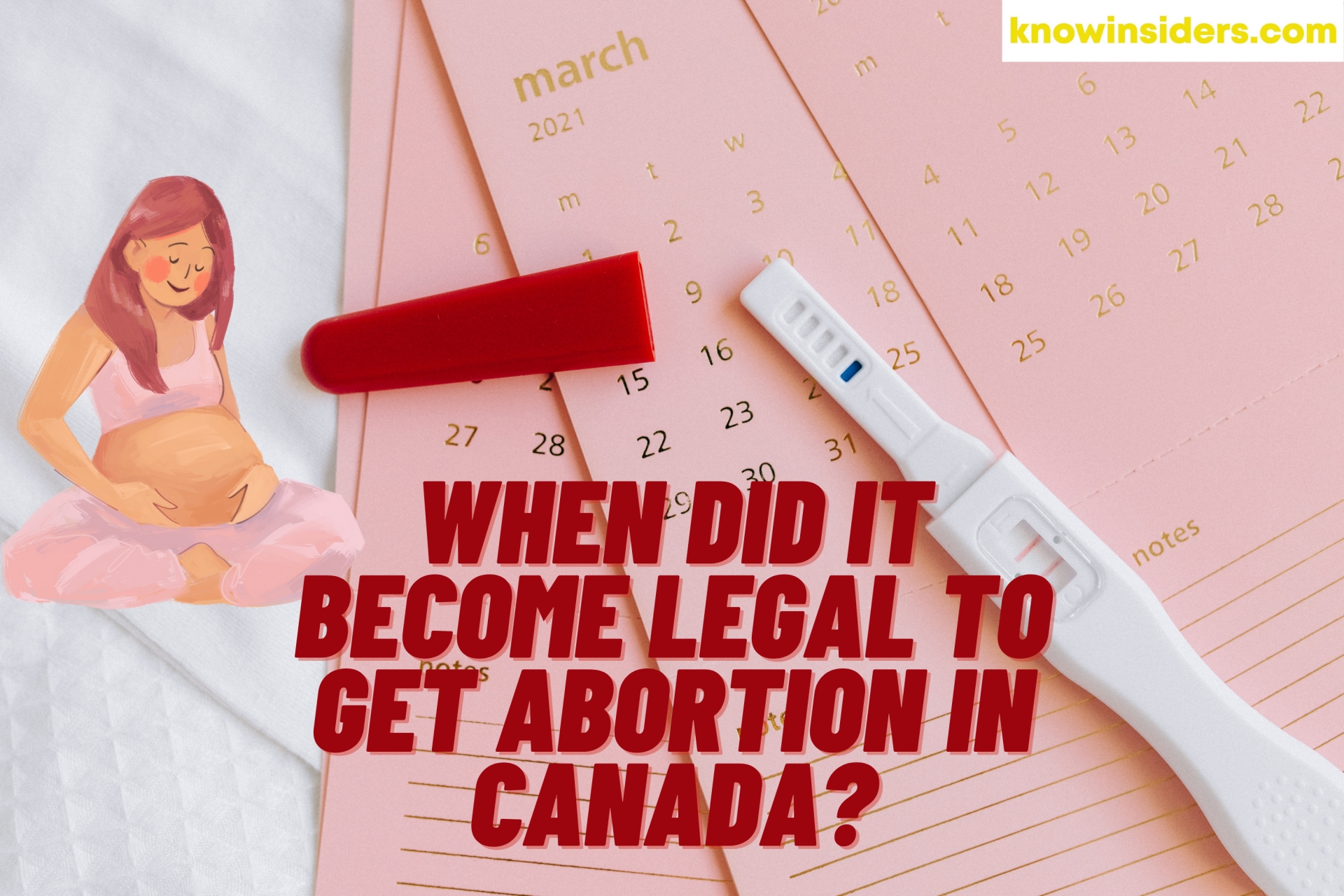Is Abortion Legal In The UK?
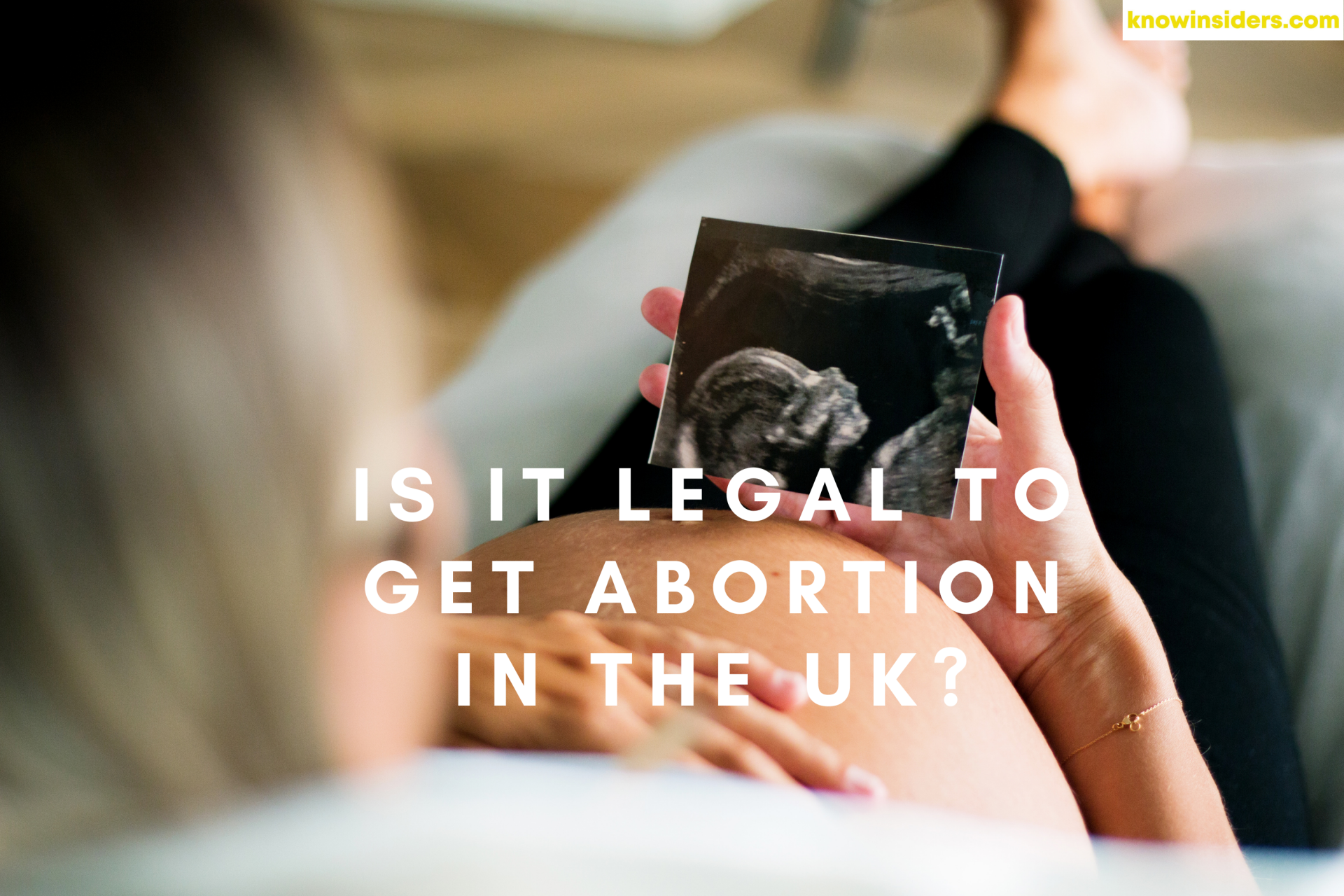 |
| Is Abortion Legal In The UK? Photo KnowInsiders |
If you're thinking about having an abortion, know that you're not alone. When it comes to how late you can have an abortion, UK law generally permits this up to week 24 of gestation. Read on as we answer more of your most common questions about abortion and the law.
Is abortion legal in the UK?
In England, Scotland and Wales abortion has been a legal right since the Abortion Act was passed in 1967.
The termination is only legal when performed by a licensed medical professional (a doctor) and it must also be signed off by two other doctors.
Doctors in the UK have the right to refuse to sign off on your abortion if they have a moral objection to it, this can, unfortunately, mean needing to see more than two doctors to get the two signatures.
In Northern Ireland the Abortion Regulations 2020 allow access to abortions up to 12 weeks gestation.
The US state of Alabama signed into law tough anti-abortion legislation in May 2019.
What criterion needs to be met if you want to proceed with an abortion?
In order to be eligible for a termination one (or more) of the following conditions must be met:
That the pregnancy has not exceeded 24 weeks
The continuation of the pregnancy would involve risk to the life of the pregnant woman, more so than a termination
There is a substantial risk that if the child is born they would suffer mental or physical abnormalities
That the abortion is necessary to prevent permanent injury to the physical or mental health of the pregnant woman
Is it illegal to terminate due to financial/social needs or based on gender?
According to BBC, there are a number of reasons a woman might want to have an abortion.
These could be down to health, financial, career or relationship uncertainty.
Clare Murphy, of the British Pregnancy Advisory Service told The Times: "There are a variety of reasons why women are choosing to delay motherhood and have smaller families.
“These include financial instability, desire to progress at work, and the ever-increasing cost of raising a child.”
Further data revealed that 18,000 fewer babies were conceived in 2019 compared with the year before - the largest decrease in a decade.
A dramatic drop in the number of teen pregnancies accounted for most of the reduction, the ONS data found.
What is happening to abortion laws in Northern Ireland?
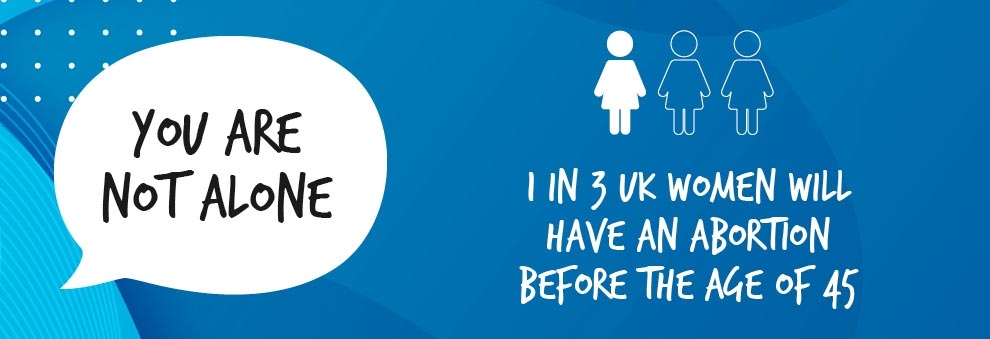 |
| Photo Frisky Wales |
Abortion was decriminalised in Northern Ireland at midnight on Monday 21 October.
That's because MPs in London voted for legislation requiring abortion laws to be changed - unless Northern Ireland's power-sharing executive had been restored by then.
The Northern Ireland Assembly was recalled for the first time since it was suspended in 2017, in an attempt to stop the abortion law changes, but the move failed.
The UK government published guidelines for abortion laws in Northern Ireland for the period between 22 October and 31 March 2020.
During this time, no criminal charges will be brought against women who have an abortion or against healthcare professionals who provide and assist them.
Women travelling from Northern Ireland elsewhere for an abortion will have their travel and accommodation funded.
Some abortions, where there is a "fatal or serious fetal anomaly", can be carried out in Northern Ireland during this time too.
A public consultation on the proposed laws for Northern Ireland after 31 March is set to open around 22 October.
From next April, medical abortions will also be provided on two hospital sites in Northern Ireland.
How has the law changed in Northern Ireland?
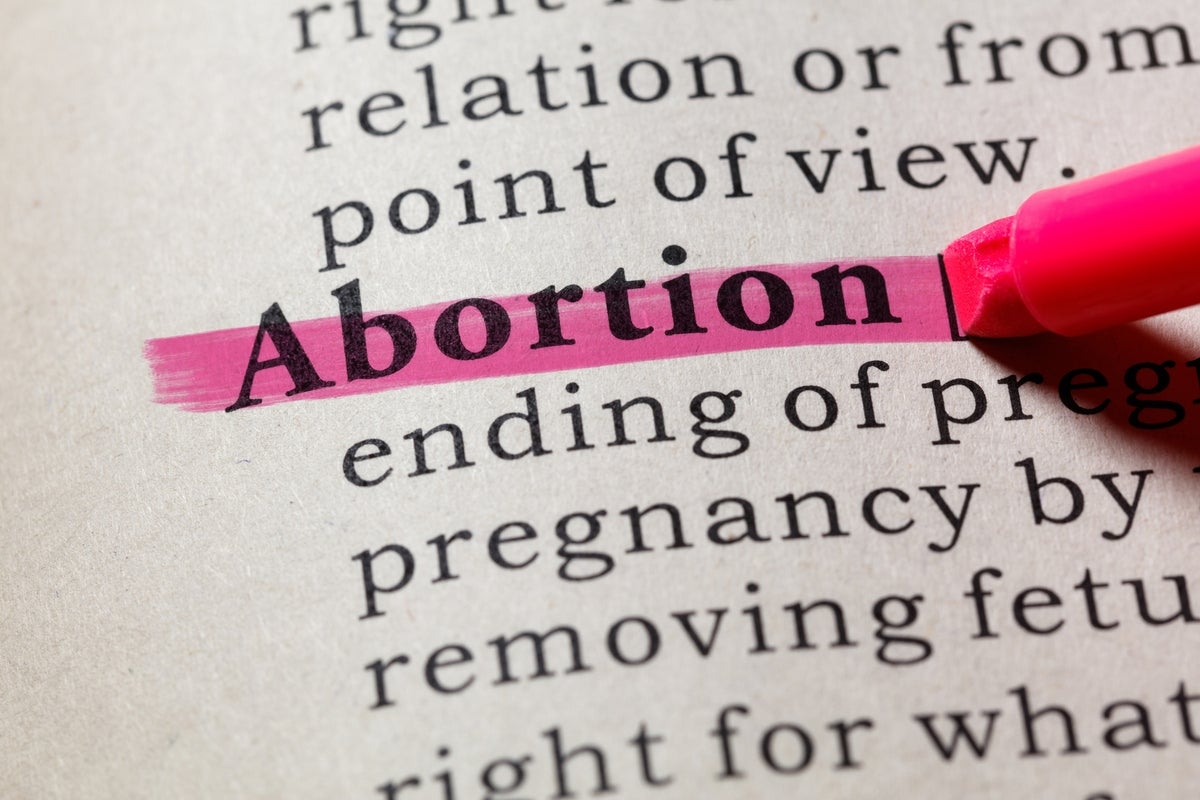 |
| Photo Independent |
Abortions were previously allowed in Northern Ireland only if:
An 1861 law made it a criminal offence to procure a miscarriage. In 1945, an exception was added to say abortion could be permitted to preserve the mother's life.
But rape, incest or diagnoses of fatal fetal abnormality - where medics believe the baby will die before, during or shortly after birth - were not grounds for a legal abortion.
Northern Ireland's abortion law was challenged in the High Court by Sarah Ewart. She was told she could not have a legal abortion, in 2013, even though doctors said her fetus would not survive outside the womb.
She travelled to England for a termination and spoke of the trauma and expense that "awful experience" had caused her.
What is the abortion law in England, Scotland and Wales?
Abortions can take place in the first 24 weeks of pregnancy in England, Scotland and Wales.
However, they have to be approved by two doctors. They must agree having the baby would pose a greater risk to the physical or mental health of the woman than a termination.
Abortions were illegal before the the introduction of the 1967 Abortion Act, which initially allowed them to take place up to 28 weeks. This was reduced to 24 weeks in 1990.
| Abortions after 24 weeks are allowed only if: the woman's life is in danger there is a severe fetal abnormality the woman is at risk of grave physical and mental injury Since 2018, women in England have been allowed to take the second of two early abortion pills at home, rather than in a clinic. This brings the rules in line with Scotland and Wales. |
| How many abortions are there? In 2018, there were 205,295 legal abortions in England and Wales. A total of 4,687 abortions for non-residents were carried out, a slight increase on the previous year. The large majority took place in the first 13 weeks of pregnancy. About two-thirds were medically induced, which involves taking two types of tablet to end an unwanted pregnancy. In Scotland, there were 13,286 abortions. There were 32 medical abortions in Northern Ireland in 2017-18. |
How do you get an abortion in the UK?
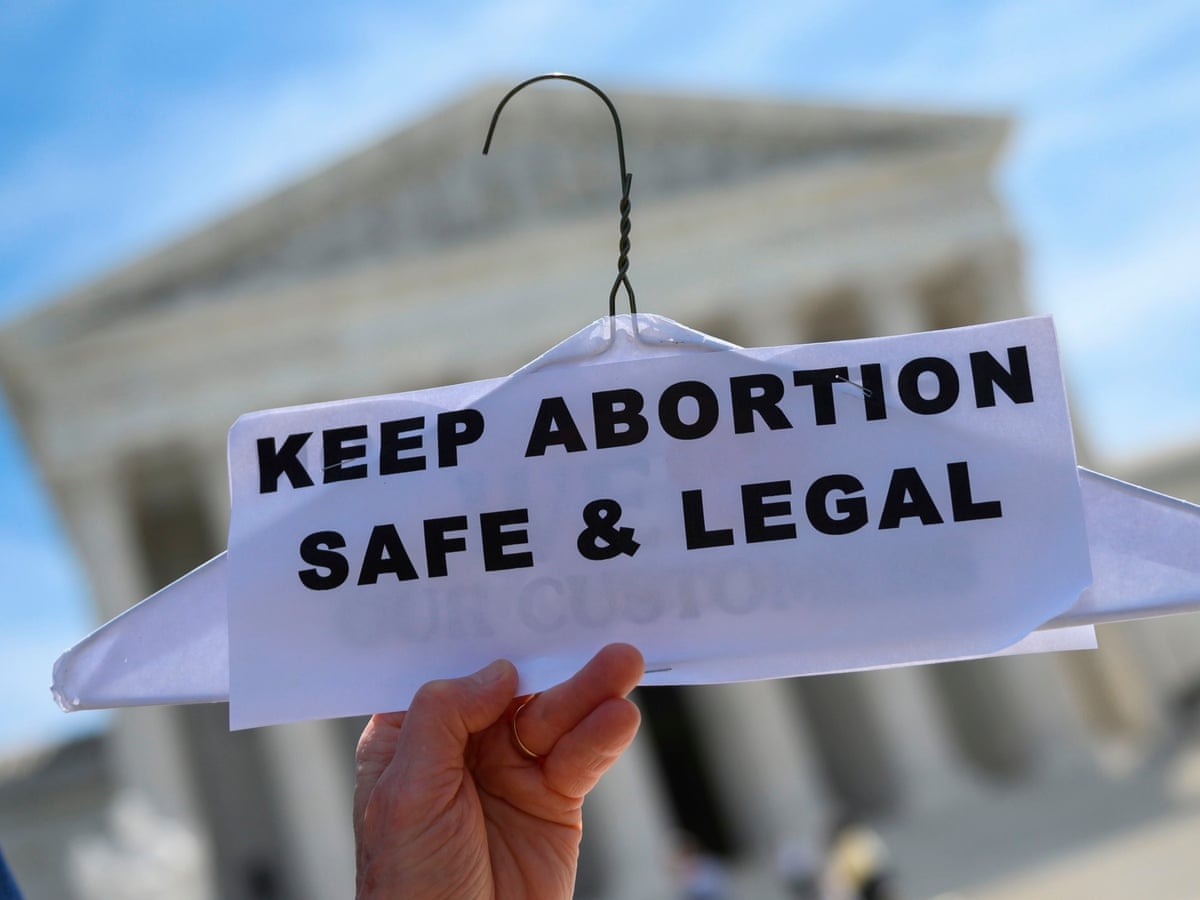 |
| Photo The Guardian |
Abortions are only legal (and as safe as possible) if carried out by a licensed medical practitioner.
There are three main ways to do this free of charge through the NHS:
Speak to your GP and ask for a referral to an abortion service – your GP should refer you to another doctor if they have any objections to abortion
Visit a contraception clinic, family planning clinic, sexual health clinic or genitourinary medicine (GUM) clinic and ask for a referral to an abortion service
Contact an abortion provider directly – the British Pregnancy Advisory Service (BPAS), Marie Stopes UK and the National Unplanned Pregnancy Advisory Service (NUPAS) can tell you about eligibility and services in your area
During the coronavirus pandemic, hundreds of women were able to get abortions at home in the US.
The telemedicine abortion trend was already growing in the US before the outbreak, after a crackdown by some states saw access to care restricted, with many clinics forced to close.
The program sends women – who must be 10 weeks pregnant or less – abortion pills by mail to take on their own, after a video consultation with a certified doctor.
Who is Heidi Crowter and what is her abortion case?
Today Heidi Crowter, 26, from Coventry along with other campaigners, lost their legal battle against the government.
Heidi, who has Down's Syndrome had taken her battle with the Department of Health and Social Care to the High Court, claiming the 1967 Abortion Act did not respect her life.
Crowter and the other claimants wanted to have a section of the Abortion Act removed.
Under the legislation, abortions in England, Scotland and Wales are permitted within the first 24 weeks of pregnancy.
But the Act allows for abortions to take place up until birth if there is “a substantial risk that if the child were born it would suffer from such physical or mental abnormalities as to be seriously handicapped”, which includes Down’s syndrome.
Lawyers for the Down’s syndrome campaigners argued in a two-day High Court hearing in July argued the law is unlawfully discriminatory and incompatible with the European Convention on Human Rights.
Crowter, speaking outside court at the time of the hearing said: “I am someone who has Down’s syndrome and I find it extremely offensive that a law doesn’t respect my life, and I won’t stand for it.
“I want to change the law and I want to challenge people’s perception of Down’s syndrome. I want them to look at me and say ‘this is just a normal person’.
“That’s what this is about. It’s about telling people that we’re just humans with feelings.”
Abortions laws are also coming under scrutiny in the US at the moment after Uma Thurman revealed she also had to terminate a pregnancy.
The actress, 51, said it was her "darkest secret" in an op-ed for the Washington Post criticising the much maligned Texas anti-abortion law.
What if my doctor refuses?
Occasionally, a doctor who does not agree with abortion will refuse to refer you to a local abortion provider, but this would be very unusual. Even if this happens, the doctor is still legally obliged to refer you to another doctor in the practice to thoroughly discuss your options. Alternatively, go to your local GUM clinic and ask for a referral. Just make sure, whoever your talking to, gives you suggestions for abortion treatment as well as abortion care. It can sometimes be tough and you’re going to need support.
| Can I have an abortion if I’m under 16? Do I have to tell my parents? Yes. You’re allowed an abortion under the age of 16 as long as you’re considered able to consent to medical treatment, your parents don’t have to be told about it. However, your doctor will encourage you to talk to a trusted adult about your decision. If you need a general anaesthetic, again, your parents don’t have to be informed. But you will need someone to take you home and make sure you’re OK afterwards. |
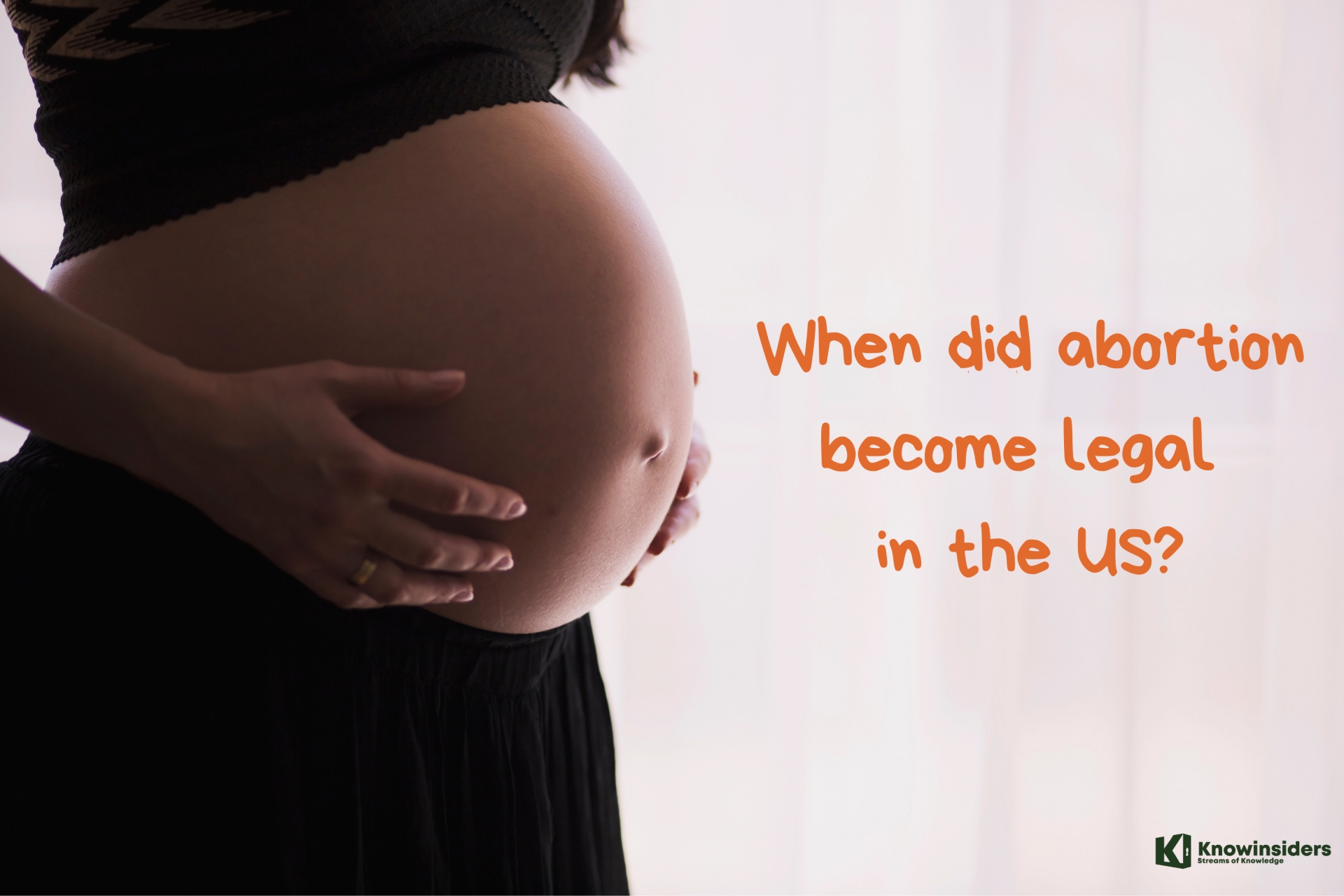 When Did Abortion Become Legal in America: Amazing Facts, Pros and Cons When Did Abortion Become Legal in America: Amazing Facts, Pros and Cons People around the world have used to control their reproduction at every point in history, and in every known society — regardless of its legality. ... |
 Pregnancy: Foods and Drinks to avoid Pregnancy: Foods and Drinks to avoid You want to eat nutritious foods when you’re pregnant, but sometimes it can be hard to know the exact good food for who is pregnant. ... |
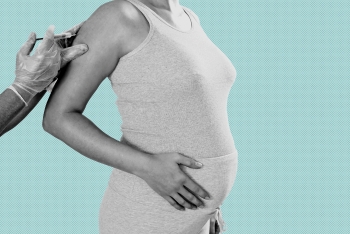 What are the needed vaccines for women before and during pregnancy? What are the needed vaccines for women before and during pregnancy? Vaccines can help protect both you and your baby from vaccine-preventable diseases. At KnowInsider, we figure out the necessary vaccines for pregnant women to protect ... |


